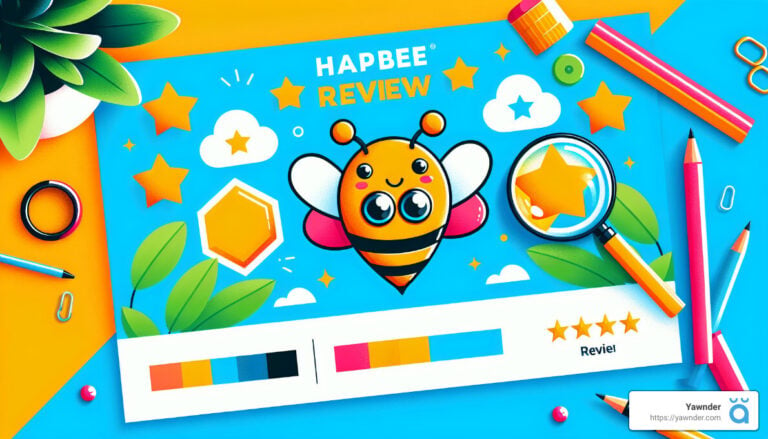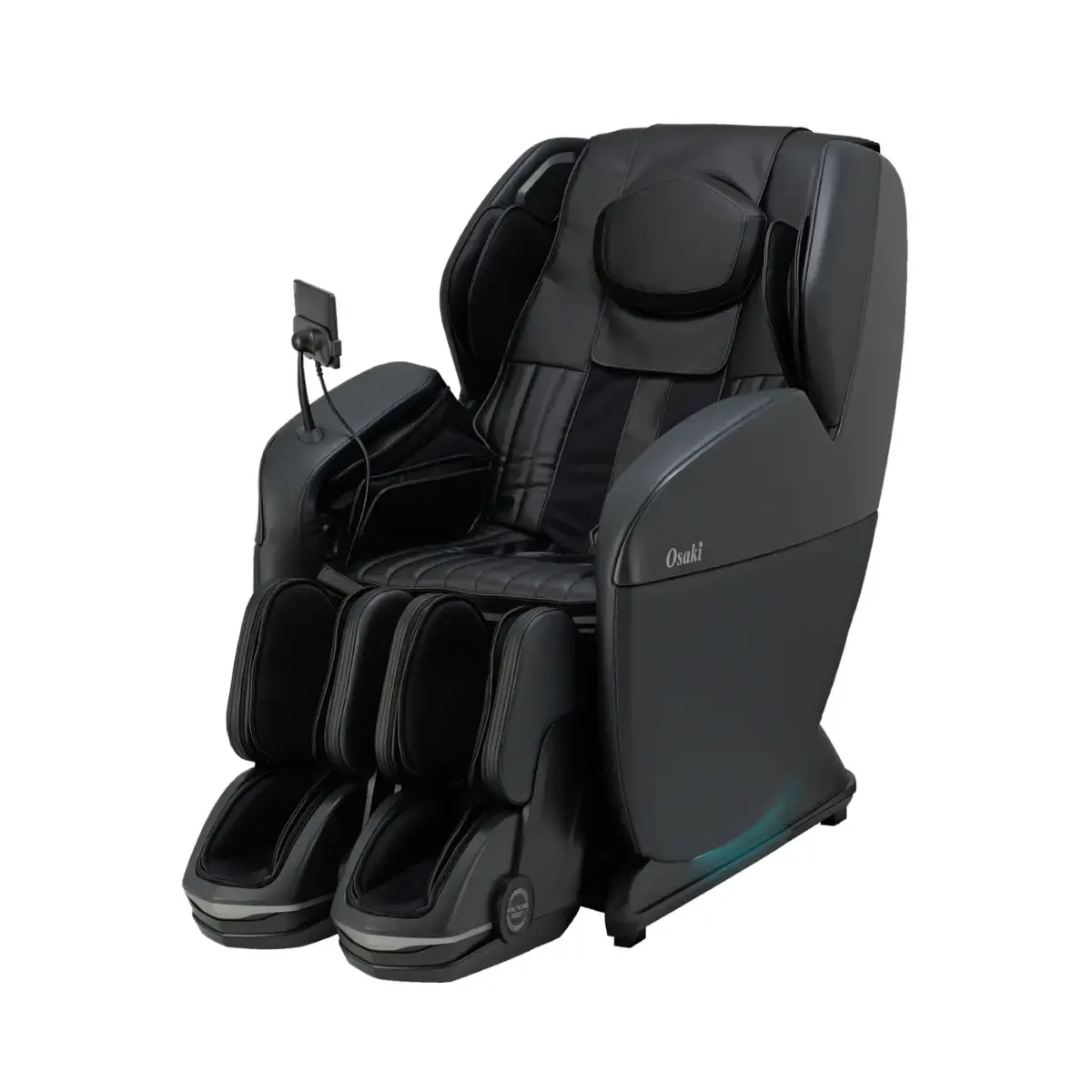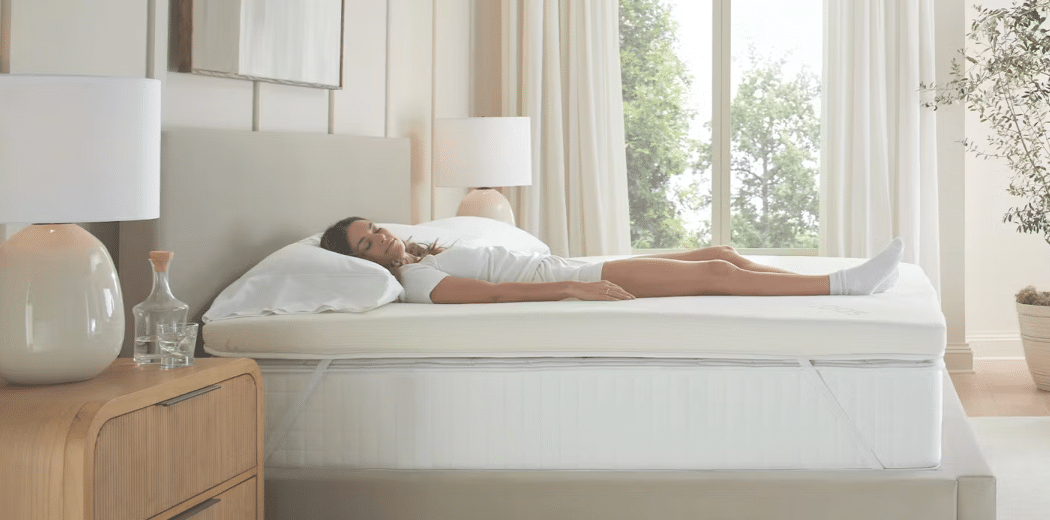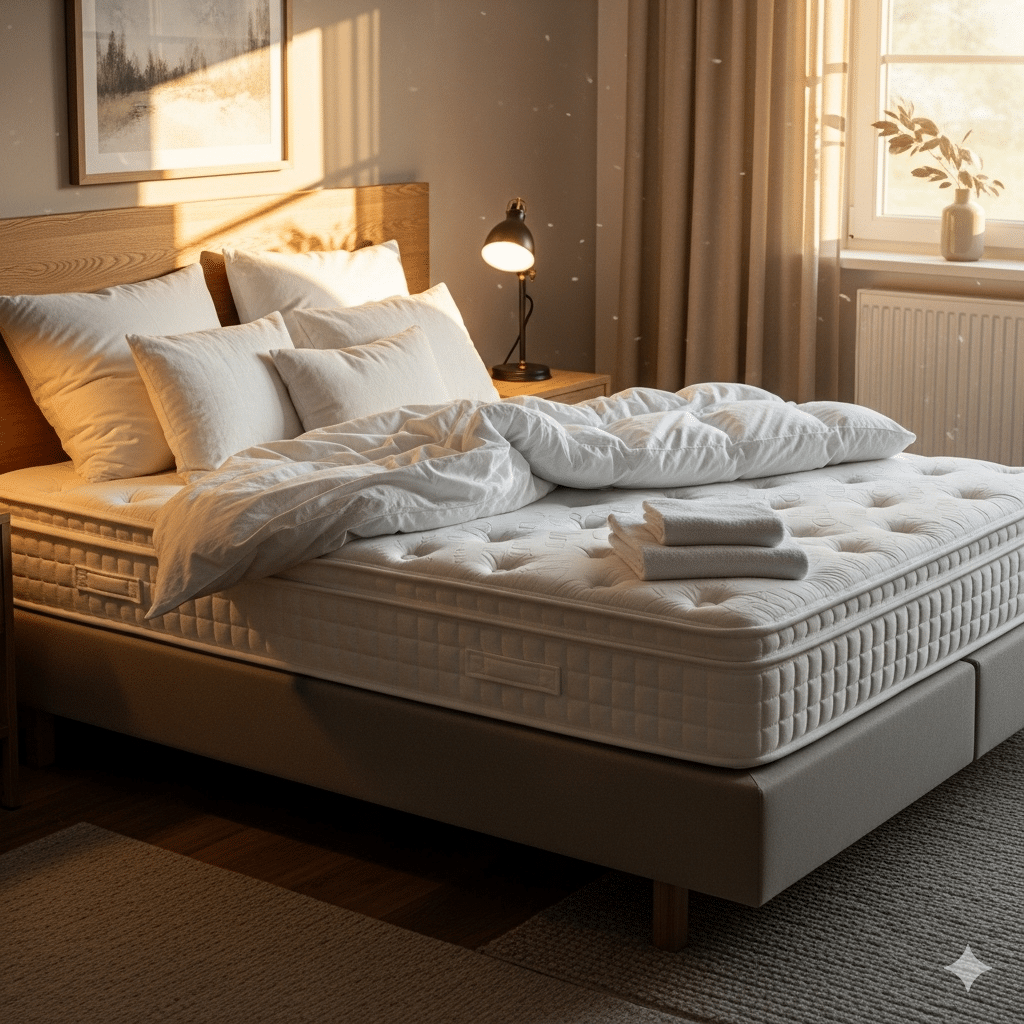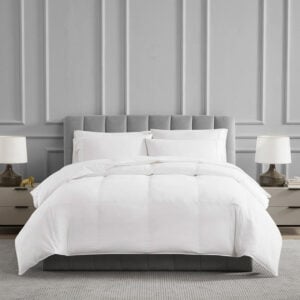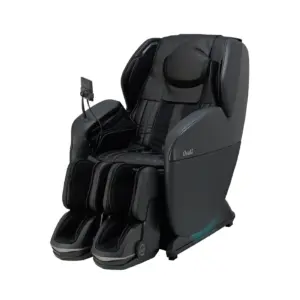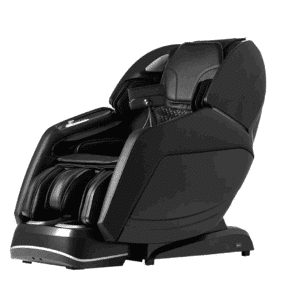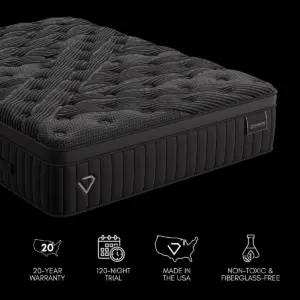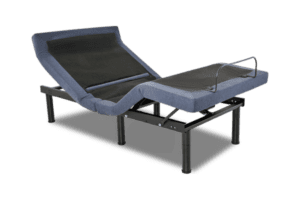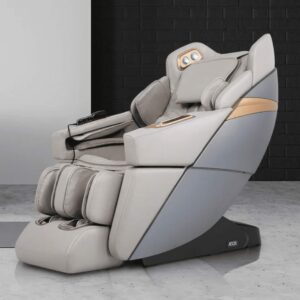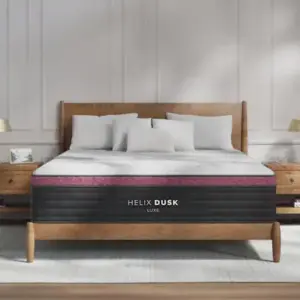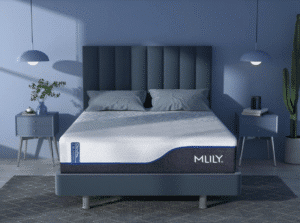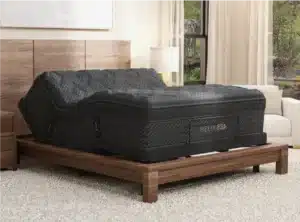The Complete Guide to Hapbee Reviews: Evaluating Product Effectiveness
Can Hapbee Really Change Your Mood? Find Out If It’s Worth It
If you’re reading this Hapbee Review, you’re likely asking whether this mood-altering wearable lives up to its claims. Let’s break down the essential findings.
– Improved Sleep: Numerous users report deeper, more consistent slumber.
– Enhanced Focus: Some have experienced clearer thinking, particularly in the mornings.
– Subtle Changes: Many acknowledge noticeable, albeit subtle, shifts in their mood.
– Build & Design: The construction is decent, but there are areas that could be enhanced.
– Customer Service: There are several reports of unresponsive support—proceed with caution.
Hapbee is an innovative wearable designed to influence your mood via low-frequency electromagnetic signals. As someone who approached this product with skepticism, I anticipated minimal impact. However, after dedicating 20 hours to using Hapbee, I did perceive slight changes.
My name is Ben Trapskin, and I specialize in sleep science and product evaluations. My own struggle with poor sleep inspired me to help others find effective solutions. In this Hapbee Review, I intend to provide a thorough analysis of its effectiveness.
Understanding Hapbee and Its Purpose
What is Hapbee?
Hapbee is a groundbreaking device that helps users modify their mood states using low-frequency waves. This headband-like gadget is controlled through a smartphone app. The core idea is its ability to emit electromagnetic signals that may influence the biochemical activities in your brain, thereby altering your mood.
Mood Stimulation Modes
Hapbee offers a variety of modes tailored to various emotional states. These include options for sleep, focus, relaxation, and even specific emotions such as happiness or excitement. Users select their preferred mode through the Hapbee app, activating the device to emit the corresponding signals.
The Science of Low-Frequency Waves
The technology behind Hapbee is based on low-frequency electromagnetic waves, designed to imitate the natural signals sent by substances like caffeine, melatonin, and CBD. This means you might experience similar benefits without needing to ingest these products.
How to Use Hapbee Effectively
1. Wear the Device: Place Hapbee around your head, neck, or even under your pillow.
2. Select a Mode: Use the accompanying app to choose your desired mood state, such as “Deep Sleep,” “Focus,” or “Relax.”
3. Activate the Device: It will then emit low-frequency signals aimed at influencing your mood.
Despite the patent backing and some initial scientific studies, skepticism remains regarding its effectiveness. Now, let’s examine user experiences to see what people genuinely think about Hapbee.
User Experiences and Feedback
Positive Reviews
Many users have praised Hapbee, noting significant improvements in their overall well-being:
– Sleep Quality: One user reported that after just three uses, they achieved six hours of uninterrupted sleep without relying on benzodiazepines, leading to a healthier lifestyle. Others noted deeper, more consistent sleep thanks to Hapbee.
– Enhanced Focus: Balancing responsibilities has become easier for some users. One full-time worker and Ph.D. student credited Hapbee’s “deep work” setting for helping maintain a perfect GPA, making studying and writing papers more efficient and enjoyable.
– Anxiety Reduction: Success stories also include reduced anxiety, with several users claiming the “relax” signal alleviated discomfort and boosted overall well-being.
Negative Reviews
Despite the positive feedback, not every experience has been favorable:
– Customer Service Issues: A significant number of users reported frustrations related to Hapbee’s customer service. In one instance, a user waited over a month for a refund after returning the device, only receiving it after bank intervention. Many others faced difficulties reaching customer support despite repeated attempts.
– Subscription Challenges: Users expressed dissatisfaction with the subscription model, feeling the benefits did not justify the cost and finding it cumbersome to navigate cancellations.
– Technical Malfunctions: Device pairing and app functionality issues have been common complaints, causing some users to abandon the product after initial satisfaction due to support challenges.
Mixed Experiences
Several users found their experiences with Hapbee to be intermediate:
– Subtle Effects: While some detected enhanced cognitive states, they described the changes as nuanced. One user likened the experience to “the sun breaking through on a misty morning,” rather than undergoing a dramatic transformation.
– Placebo Effect: A few users voiced uncertainty about whether the improvements stemmed from the device or simply from the placebo effect, noting that unrelated factors may have contributed to observed benefits.
– Inconsistent Results: The effectiveness varied among users, with some finding it beneficial for sleep on certain nights but not others, suggesting Hapbee may not be universally effective.
Scientific Basis and Ongoing Skepticism
Patents and Scientific Research
Hapbee Technologies holds several patents affirming its claims. These patents explore how electromagnetic fields can affect molecular behaviors. Research in journals like the British Journal of Pharmacology indicates that a magnetic field at 75 Hz might activate adenosine receptors in a manner akin to caffeine’s effects.
Additional studies have examined the impact of magnetic fields on biological systems, hinting at a legitimate scientific basis for Hapbee’s technology. However, many of these studies were conducted in controlled environments, and real-world applicability remains uncertain.
Addressing User Skepticism
Despite the patents and some supporting studies, skepticism lingers. Many users wonder if they are genuinely experiencing improvement or merely falling under the placebo effect. Additionally, the absence of broad, independent validation raises concerns about potential biases in the research connected to Hapbee.
Critics suggest that if the technology were as transformative as claimed, it would see wider adoption in medical and military spheres. This lack of extensive use engenders skepticism.
Frequently Asked Questions about Hapbee
Does Hapbee Require a Subscription?
Yes, a subscription is necessary to access the full range of features. Upon purchasing the device, you receive a trial period, but after that, a membership plan is mandatory to retain app functionalities. Many users have encountered issues when attempting to cancel their subscriptions.
Who is the CEO of Hapbee Technologies?
Scott Donnell currently leads Hapbee Technologies Inc., often appearing in promotional materials and interviews.
Is Hapbee Legit?
Debates surrounding Hapbee’s legitimacy are prevalent. Some claim improvements while others cite customer service issues and mixed results. Scientifically, while patents exist, skepticism reigns regarding whether users are genuinely experiencing benefits or perceiving changes due to belief.
Conclusion
At Yawnder, our aim is to present frank evaluations of sleep products to help you make informed choices. Reviews on Hapbee offer a mixed picture. While some experiences report enhancements in sleep, focus, and anxiety reduction, others bring forth customer service frustrations and technical concerns.
Our Take on Hapbee:
Positives:
– Users may experience tangible benefits like improved focus and sleep quality.
– The technology is supported by patents and preliminary scientific studies.
Negatives:
– Numerous complaints about customer service.
– Mixed evidence regarding effectiveness, with some attributing perceived benefits to the placebo effect.
Recommendations
If you’re considering Hapbee, carefully weigh the pros and cons. It might work for you, but be prepared for potential challenges regarding customer support and device reliability. Don’t forget to explore alternative products like Apollo Neuro, Muse S, Dreem 2, and Lief HRV tracking, which also provide benefits for managing stress, improving sleep, and enhancing overall well-being.
For more comprehensive reviews and recommendations on sleep products—including mattresses and other aids—visit our Yawnder Sleep Product Page. We hope this Hapbee Review has been enlightening. The ideal product for you is the one that meets your specific needs and enhances your quality of life.


